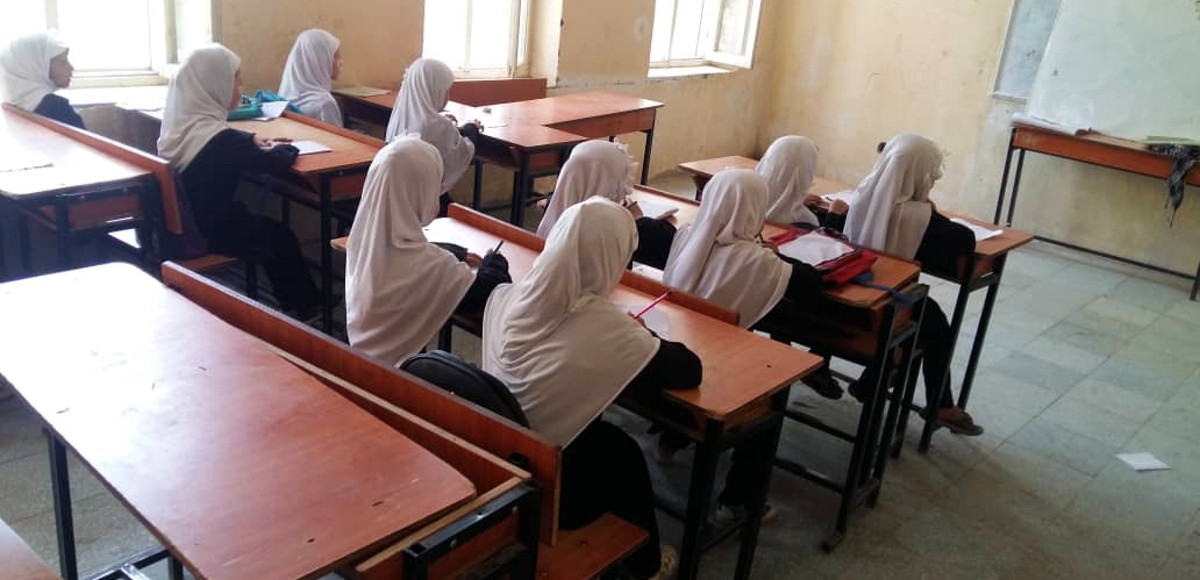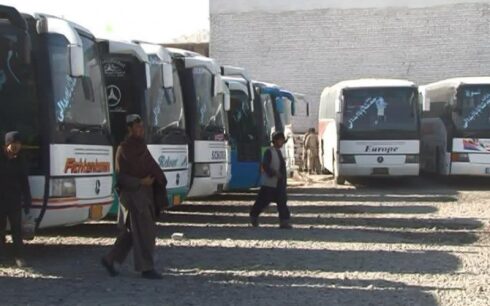UNITED NATIONS — On the International Day of Women and Girls in Science, the United Nations Office for the Coordination of Humanitarian Affairs reiterated the importance of full access to education for women and girls, especially in Afghanistan where the Taliban have imposed educational restrictions.
The UN Office for the Coordination of Humanitarian Affairs emphasized that equal access to education, science, technology, and innovation is vital for Afghanistan’s economic development and progress. It called for addressing the Taliban’s educational limitations.
The World Food Program reported that Taliban restrictions on women and girls could hinder improvements in Afghanistan.
The UN marks this day to highlight the barriers women and girls face in education. In Afghanistan, these challenges have intensified since the Taliban’s return to power, with many women and girls left behind in education and technology.
Despite severe restrictions, some Afghan female students continue their studies online. Momena, a student, shared, “We couldn’t work in governmental clinics due to incomplete documentation. We continue our studies online, striving for success despite the limitations.”
The World Food Programme’s latest report notes significant Taliban-imposed restrictions on women and girls since August 2021, particularly in education. According to a UN survey, 77% of respondents reported negative impacts of these restrictions on families.
Women activists, like Safia Arifi, criticize the Taliban’s policies. “Over eighty directives aim to restrict and exclude women. Afghan women’s protests have been met with suppression, torture, and imprisonment,” Arifi said.
The report also highlights the impact of Taliban work restrictions on women, affecting female workers’ incomes. Zahra, a resident of Kabul, expressed, “The situation is dire. Women cannot work. We crossed into Iran, where unemployment is also high. I hope for a better Afghanistan.”
Some girls and women deprived of education have reported mental health issues or being forced into marriage, leading some families to flee the country.





